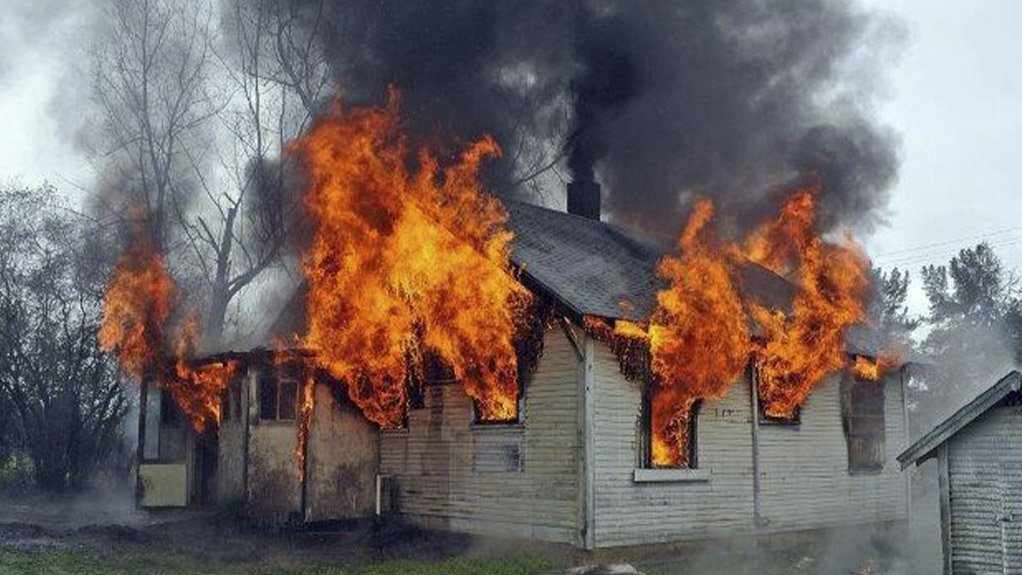

Beware of fire-safety risk during increased loadshedding
The current loadshedding implemented by electricity utility Eskom as it faces a shortage of generation capacity due to a combination of maintenance and unplanned breakdowns poses a heightened fire risk for homeowners and their families, warns ASP Fire CEO Michael van Niekerk.
This follows a recent media report of an Eastern Cape family of seven losing everything when a fire engulfed their house after their electricity was restored following loadshedding. The family of seven was forced to flee, seeking refuge in a rondavel.1
Van Niekerk urges all homeowners to put basic fire-risk mitigation measures in place to protect both their families and properties. The first thing homeowners need to do in the event of loadshedding is to ensure all power sources are switched off. “This might sound like common sense, but it is very easy to forget to do so when the power goes off unexpectedly and your home is plunged suddenly into darkness.”
Another risk factor is using candles as a light source, which need to be extinguished immediately once the power supply is restored. Homeowners need to ensure that candles are positioned correctly so that, if they fall over, they do not pose a fire risk. Any candles must be placed in proper containers as well to prevent this from happening.
Van Niekerk advises homeowners to invest in a small fire extinguisher for the home and to ensure all residents not only know where it is placed so it can be accessed readily in darkness, but that everyone in the home knows how to operate it effectively in the event of any fire.
Fire-prevention legislation tends to focus on commercial and retail spaces rather than standalone residential dwellings, where there is no regulatory requirement to have fire extinguishers, hose reels or even automatic sprinklers installed, which is also prohibitive from a cost point of view. However, van Niekerk urges homeowners to have some fire prevention strategy in place, even if it just means having a fire extinguisher located at a central point such as a garage.
Homeowners are increasingly opting for back-up gensets to supplement grid power in the event of loadshedding, but these pose their own safety and risk issues. Here it is essential to ensure that such gensets are serviced and maintained regularly so that they can be switched on immediately in the event of loadshedding.
“If the power goes out and you switch your genset on, only to find that it is out of fuel, for example, the last thing you want to do is to attempt to refill that genset while it is running, or while the engine or exhaust is hot, as this poses a serious risk of causing a fire while doing this, as the genset can cause the fuel to combust,” cautions van Niekerk.




